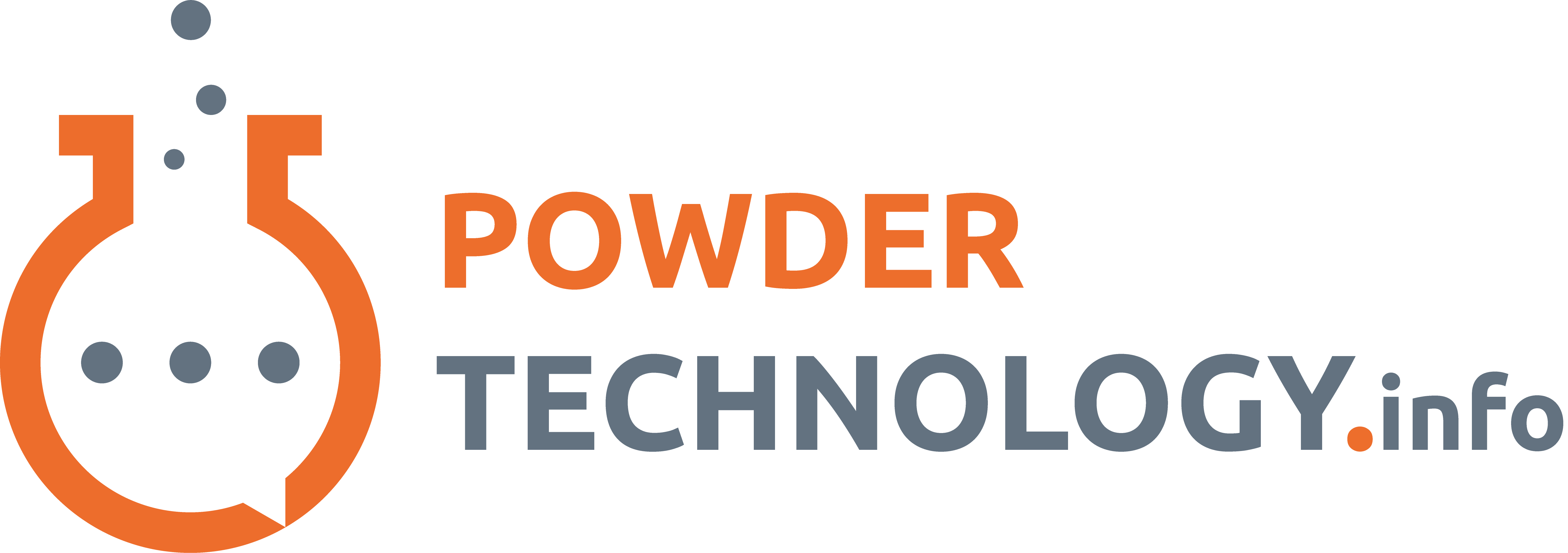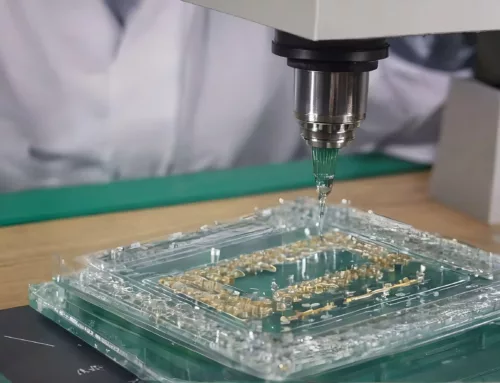
The recognition, acceptance, and implementation of sustainability measures, such as addressing systemic global warming, and pollution, and encouraging sustainability, require global effort and collaboration without closed doors and hidden agendas. Various factors influence this process, including overall awareness, public perception, mis and dis-information from all sectors, policy frameworks, technological advancements, economic considerations, and collaborative efforts. Raising awareness through unbiased scientific research, education, media coverage, and advocacy is paramount. It takes time and structured effort for information to disseminate widely and for individuals to comprehend the significance, depth, and urgency of a problem. Public perception and attitudes evolve, which can change and be molded towards a certain narrative, as information becomes more readily accessible, scientific consensus strengthens, and global events create a sense of urgency. Not to forget, that the pace at which perspectives change can vary considerably across different societies, cultures, and levels of education around the world.
Regulation and adoption
Systemic policies and regulations are another factor that plays a vital role in driving change at a societal level. Governments and regulatory bodies need to establish frameworks that support sustainability and incentivize their sustainable practices. This process involves lengthy discussions, negotiations, and adjustments to accommodate diverse geo-political, industrial, and investor interests. Technological capabilities and advancements also impact the acceptance and actual implementation of sustainability measures. As sustainable solutions become more accessible and affordable, they can gain a wider willingness for adoption. However, the development of these technologies takes a lot of investment capital, innovation, and time, and must align with stakeholder and investor interests.Finally, economic factors and market dynamics on a macro and micro scale influence the adoption of sustainability measures. Cost-effectiveness and competitiveness play a significant role in shaping the decisions and actions taken toward sustainability. Therefore if renewable energy, energy-efficient technologies, and sustainable practices become more affordable, the transition for certain sectors becomes more sustainable, feasible, and more appealing for investors to fund projects. To sum it up, aside from public awareness, implementing sustainability initiatives requires collaboration among various stakeholders, including governments, NGOs, corporations, businesses, civil society organizations, and investors, for anything meaningful to be set forth.
Powder Technology
The recognition, acceptance, and implementation of sustainability measures discussed above have a profound impact on the advancement of our technology. In this context, powder technology can be seen as a vital component, serving as the foundation of our present technology and holding paramount importance for our future technological progress. In essence, powder technology plays a vital role in manufacturing and material development, enabling precise control over material properties and shaping complex parts through additive manufacturing. Additionally, its applications in nanotechnology, coatings, surface treatments, pharmaceuticals, the food industry, and others further highlight its versatility and significance in being an essential building block for advanced technologies and the unfoldment of human societies and infrastructure. With its wide-ranging impact and potential for innovation, powder technology is poised to continue driving advancements and shaping the future of various, if not all industries. However, with the increasing global one-sided focus on sustainability, it becomes a serious topic in addressing the enviro nmental impact associated with the mining, production, and disposal of powders and related products. For one, recycling there-of offers a promising solution to reduce waste and improve the sustainability of our present and future powder-based industries. While the mining of the raw materials is a silencing conundrum that is favorable financially if unaddressed for the entire system to keep plowing along.
Environmental Impact
In both our personal lives and industrial sectors, waste is an inevitable outcome of our actions. Whether it’s our biology, the food we consume, the products we use, or the energy we require, waste is an inherent byproduct of our existence. Just as factories and manufacturing processes generate industrial waste, our daily activities also generate personal waste, often overlooked, unnoticed, and nonchalantly unaware of. From the packaging of the goods we purchase to the emissions and wear and tear produced by our vehicles, waste is an unavoidable consequence of our modern lifestyles and the advancements in technology that shape them.
Powder-based industries, known for their significant waste generation, face scrutiny and environmental challenges such as resource depletion, heightened energy consumption, and pollution. However, by embracing recycling practices, these industries could effectively mitigate their environmental impact and work towards a more sustainable future. Powder-based industries, which encompass sectors like pharmaceuticals, food processing, chemical manufacturing, additive manufacturing, and others, are known to generate a significant amount of waste throughout their production processes. Starting from raw materials to finished products and not to forget the post-consumer waste contributing to the aftermath, waste is created whether we are aware of it or not.
In industries such as pharmaceuticals, food, feeds, and additive manufacturing, unused and excess powder is a prevalent form of waste. It is very common for a certain quantity of powder material to remain unused or become surplus during production. This can occur due to factors like overestimation of material requirements, equipment calibration, quality control measures, testing, or negligence. Unless it can be reused or recycled, the unused and excess powder is typically discarded as waste. Another type of waste in powder-based industries is off-spec products. These refer to powder-based materials or products that do not meet the required specifications or quality standards. Factors like equipment malfunction, human error, or variations in raw materials can contribute to the production of off-spec products. Such products may exhibit deviations in physical, chemical, or performance characteristics from the intended specifications, rendering them unsuitable for sale or use. Certain powder-based industries, such as food processing also generate post-consumer waste. This waste is produced after the product has been consumed by end-users and comprises a considerable amount of packaging materials, residual food particles, nano waste, and related waste. More effective handling, separation, and management systems of post-consumer waste are crucial to facilitate recycling and designing better disposal methods, thereby minimizing their environmental impact.
The environmental impact of waste generated in powder-based industries is considerable, primarily from the finite nature of resources perspective. Resource depletion stands out as a major concern, as many industries consume substantial amounts of natural resources, including raw materials and energy, throughout the manufacturing and production processes. The generation of waste exacerbates resource depletion by resulting in the unnecessary loss of energy and valuable resources. When unused or excess powder is discarded without proper recycling or reuse, it represents a missed opportunity to conserve these resources, leading to further depletion, loss of potential earnings, and added cost.
From another perspective the production processes involved in creating powder-based materials, such as grinding, mixing, and drying, are energy-intensive. Consequently, waste production not only signifies material loss but also represents an additional energy expenditure and or an additional strain on the energy grid, thereby increasing the industry’s overall energy consumption and carbon footprint which also adds to a product’s sustainability.
Recycling Powder Materials
The overall waste generated can contribute to pollution in various ways. Improper disposal of unused or excess powder, especially in landfills, can potentially contaminate the soil and water with harmful substances, while inadequately managed post-consumer waste, including packaging materials, can contribute to plastic pollution in its many forms. Additionally, incinerating waste releases pollutants and greenhouse gases into the atmosphere, further exacerbating pollution. The disposal of waste in landfills also poses a significant challenge as it consumes valuable land and strains limited landfill capacities. Given the substantial waste output of powder-based industries and their related products, the improper management of waste can worsen the landfill space problem in the decades to come, necessitating additional landfills and potentially leading to adverse environmental consequences.
Powder recycling involves collecting, processing, and reintroducing unused or waste powder materials back into the production cycle. This practice reduces the need for virgin raw materials, conserves energy, and minimizes waste generation. Common methods include sieving, separation, and purification techniques to ensure the recycled powder meets the required specifications.
Recycling powder materials bring about numerous benefits, foremost among them being resource conservation. By opting for recycling, the demand for virgin resources like metals, polymers, ceramics, and even fresh water is reduced, leading to the preservation of valuable raw materials. This not only promotes sustainable resource management but also plays a vital role in extending the lifespan of our finite resources. Recycling of powder materials also offers significant energy efficiency advantages. Compared to the production of new powders, the recycling process requires considerably less energy. By incorporating recycled powders into their operations, industries can effectively lower their energy consumption and thereby decrease their carbon footprint. This dual benefit of conserving resources and reducing energy usage makes recycling an environmentally logical choice. In addition to resource conservation and energy efficiency, powder recycling can assist companies in complying with waste management regulations, ensuring responsible disposal practices.
Challenges
However, the successful implementation of powder recycling faces several challenges. One major challenge is contamination, as impurities and foreign particles can compromise the quality of the recycled powder. To address this, it is crucial to employ effective separation and purification techniques. By implementing advanced methods, the recycling process can ensure that the recycled powders can meet the necessary quality standards again. Another important aspect is industry collaboration. To establish efficient recycling systems, powder manufacturers, end-users, and recycling facilities need to work together. Through collaboration, they can develop standardized procedures, share resources, and optimize the recycling process as a whole. Here technological advancements play a key role in overcoming recycling challenges. Continued research and development efforts focused on blockchain networks, closed-loop systems, and powder recycling technologies can lead to significant improvements. These advancements can include the development of more sophisticated separation methods, enabling higher purity levels in recycled powder. Additionally, technological progress can enhance the overall efficiency of the recycling process, making it more cost-effective and sustainable.
The Future of Powder and Product Recycling
In our final words, the future of powder and product recycling holds immense potential as we envision a global closed-loop system where everything produced can be recycled and reused. This futuristic vision presents an awe-inspiring perspective on the possibilities of powder technology, artificial intelligence, blockchain, pollution reduction, end-user awareness, sustainability, and efficient resource management on a global scale. In this future scenario, blockchain networks can be employed for tracking and ensuring the quality control of recycled powders. This network technology would enable transparent and traceable supply chains, allowing stakeholders to verify the origin, location, volume, and composition of recycled materials globally. With blockchain’s immutable ledger, trust and accountability would be enhanced, fostering a more reliable and efficient recycling ecosystem.
The integration of circular economy principles is another crucial aspect that would revolutionize powder and product recycling. Embracing this approach would lead to the development of innovative recycling methods and the establishment of closed-loop systems across multiple industries. Instead of the traditional linear model of production and disposal, materials would circulate within the system, creating a perpetual cycle of reuse and minimizing waste generation. This shift would significantly reduce our reliance on virgin resources and promote a more sustainable future.
Naturally, a fundamental increase in personal consumer awareness concerning actual environmental impacts outside of a home TV screen and digital media, coupled with systemic government regulations, could drive the widespread adoption of feasible recycling practices. Some governments and organizations globally are recognizing the urgent need to address resource depletion and waste management but without a proper foundation, support, or a network at their disposal, it becomes a long process spanning many decades.
As we look ahead, the future of powder technology-related products and their eventual recycling holds immense promise. With global closed-loop systems, blockchain networks for tracking, quality control, and a steadfast commitment to sustainability, we can revolutionize the way we manage resources and manage pollution. By embracing these transformative concepts and advancing technological innovations, we can create a world where every product has infinite lives and waste becomes an outdated concept. The future of powder recycling is one of boundless possibilities, paving the way for a truly sustainable and circular economy.




